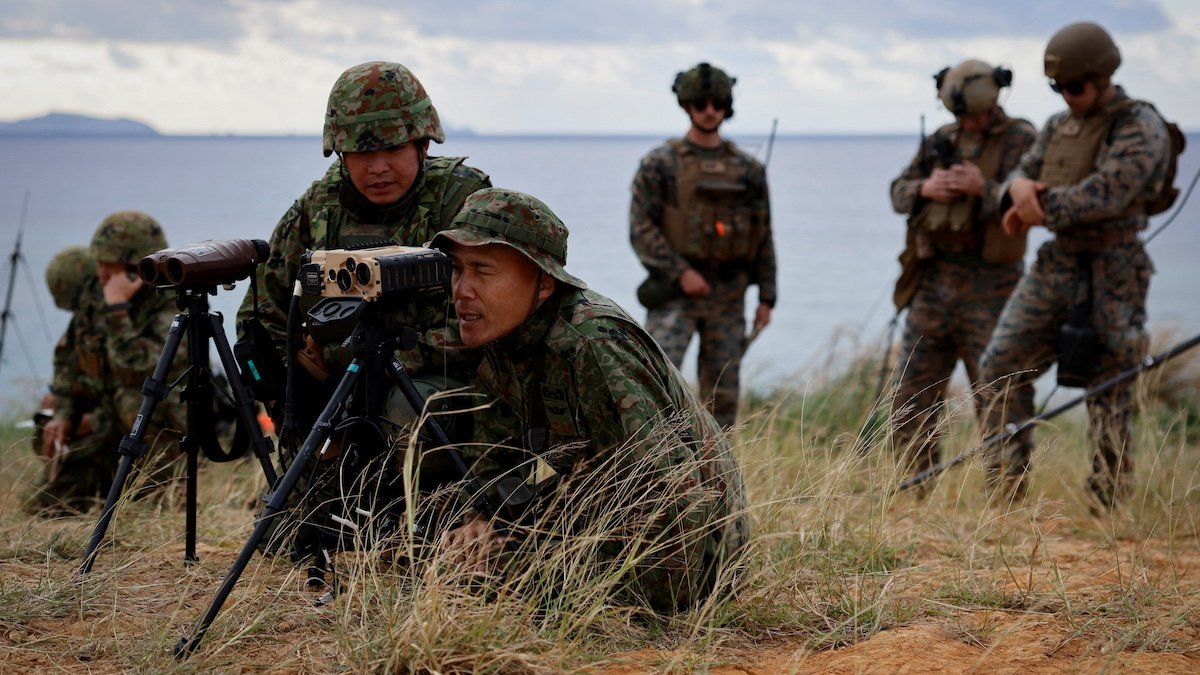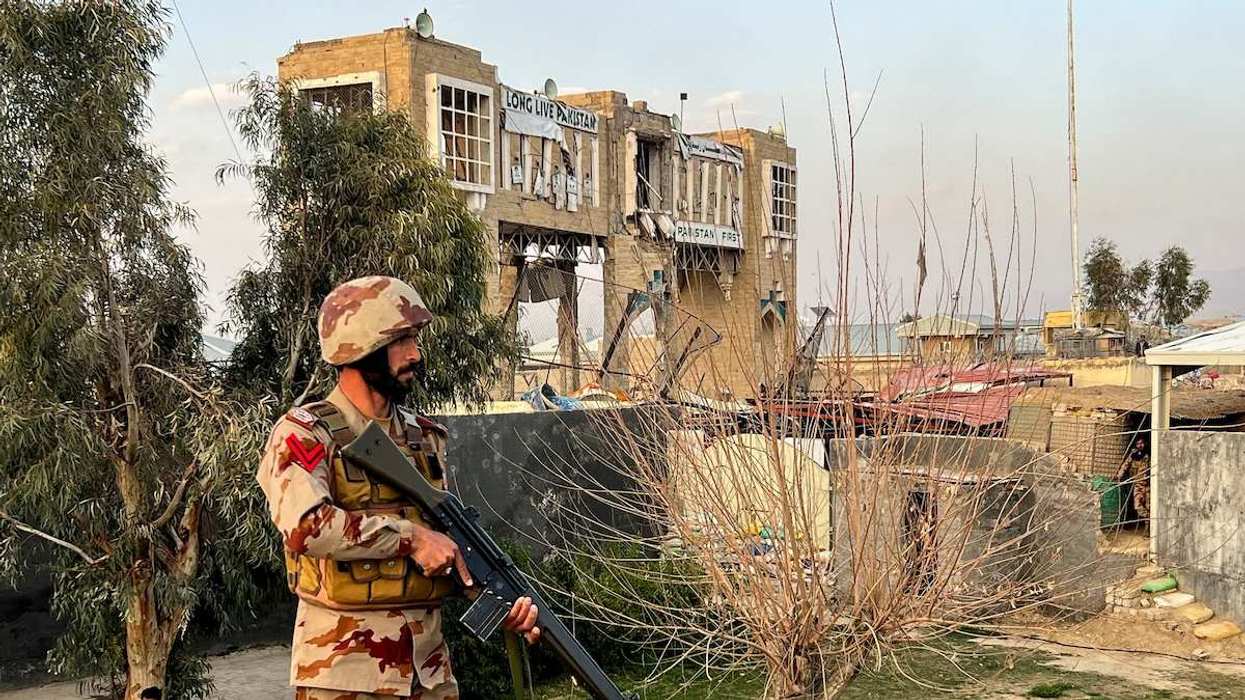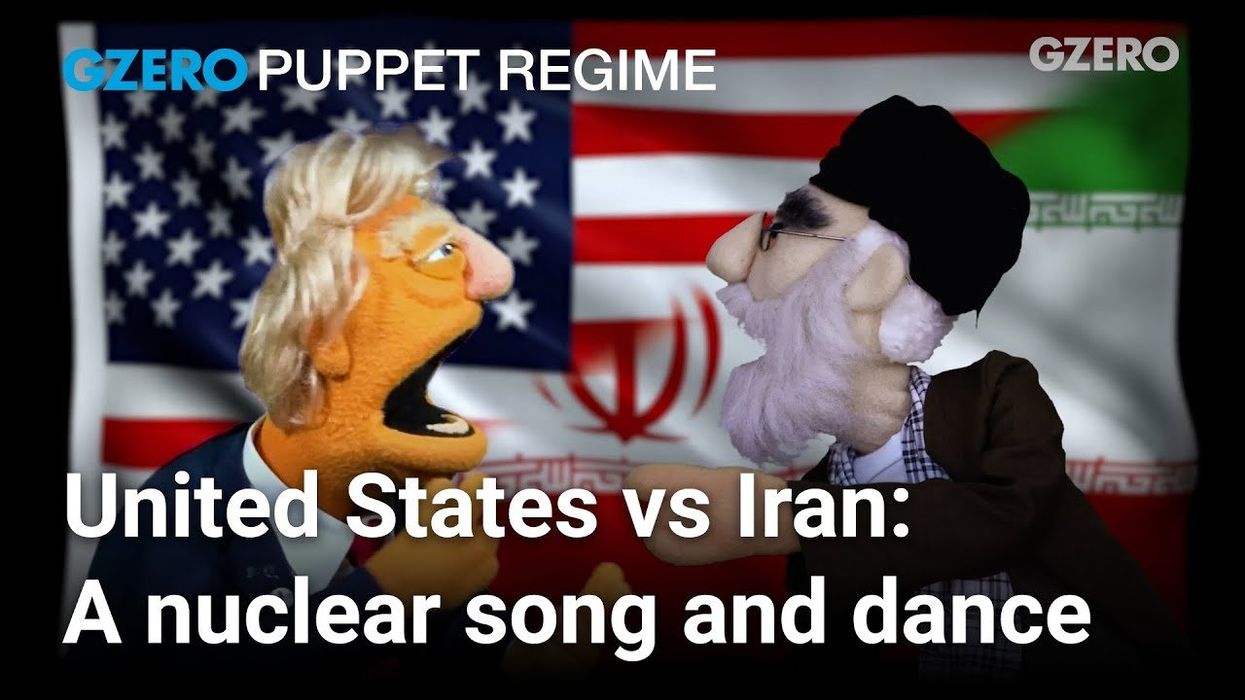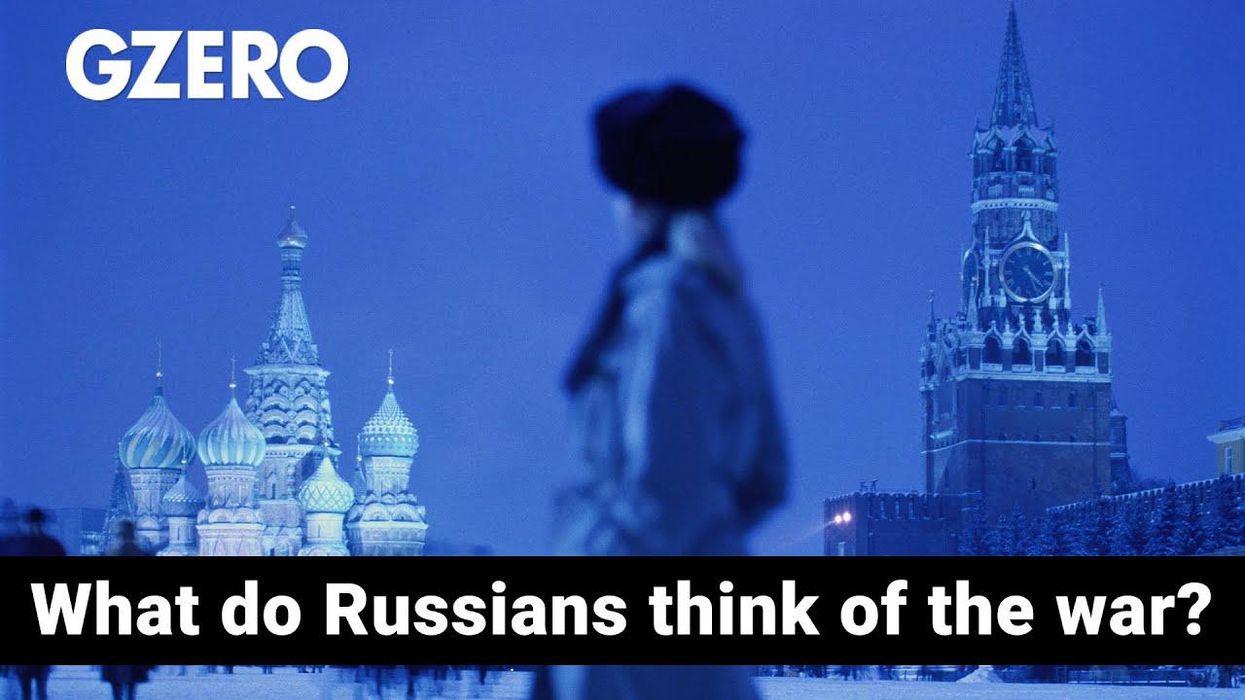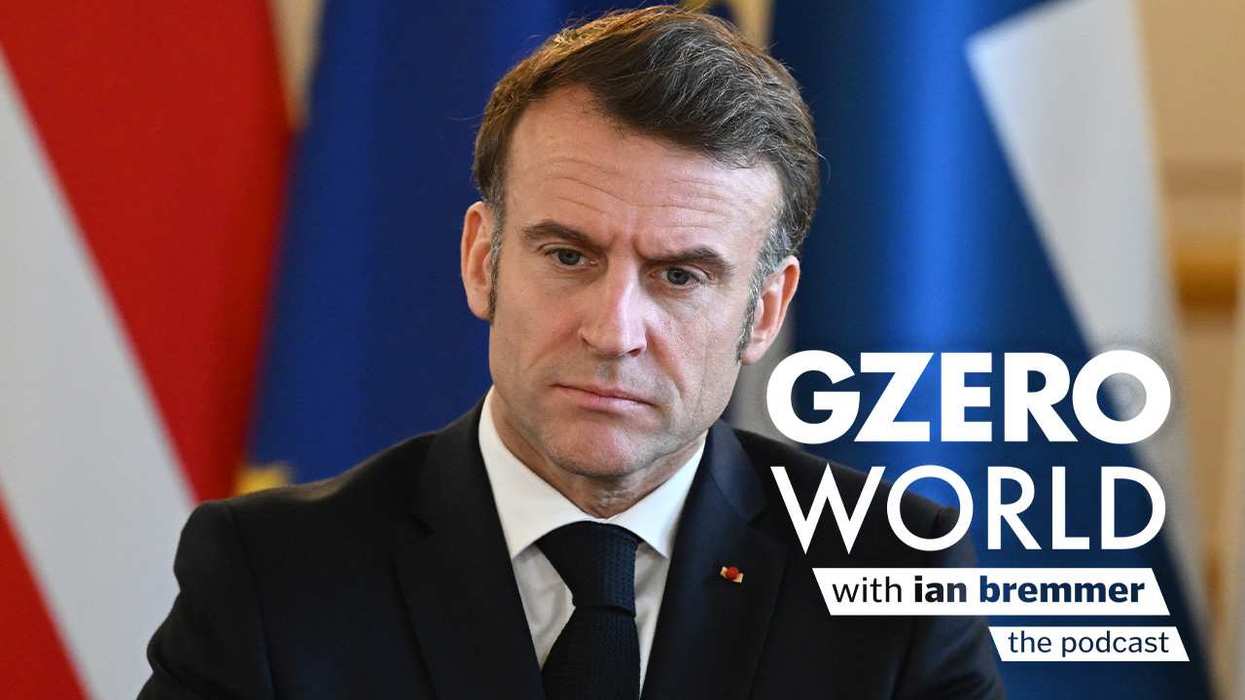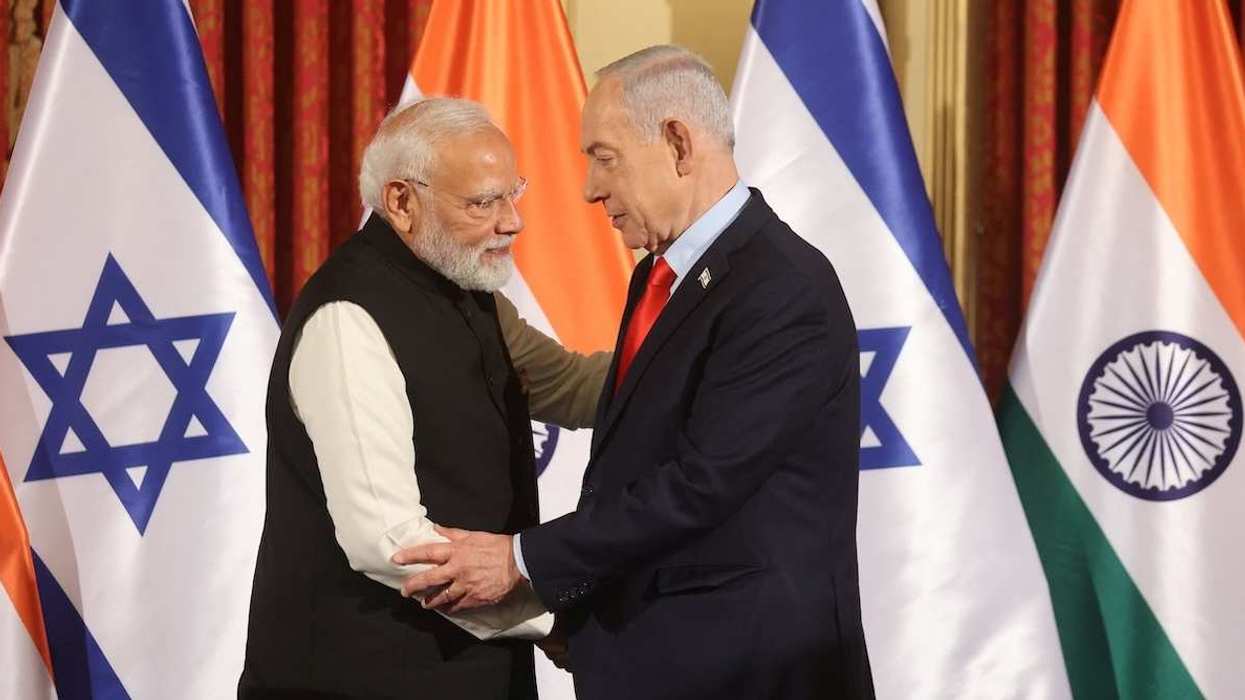Before an historic trilateral meeting on April 12 between US President Joe Biden, Japan’s Prime Minister Fumio Kishida, and Philippines President Ferdinand Marcos Jr, the Philippine ambassador to the US has said Tokyo and Manila are negotiating a “reciprocal access agreement” that would allow the Japanese and Philippine militaries to train and conduct joint exercises on each other’s territory. Given the ugly World War II history between the two countries, that would be a startling development.
Japan’s foreign ministry has cast doubt on the specifics of this plan. It’s true, said a spokesperson, that the “implementation of this agreement will enhance the interoperability of the Japanese and Philippine] troops, but it is not true that we are discussing deploying the Self-Defense Forces in the Philippines,” he added.
It’s not clear, however, whether a temporary placement of Japanese troops in the Philippines to take part in joint exercises with US forces stationed there would create the same controversy inside Japan, where pacifism remains a potent political force, as a more permanent rotation of Japanese forces there.
But it is clear that the US, Japan, and the Philippines want Beijing to recognize their concerns over assertive Chinese actions in the South China Sea.
